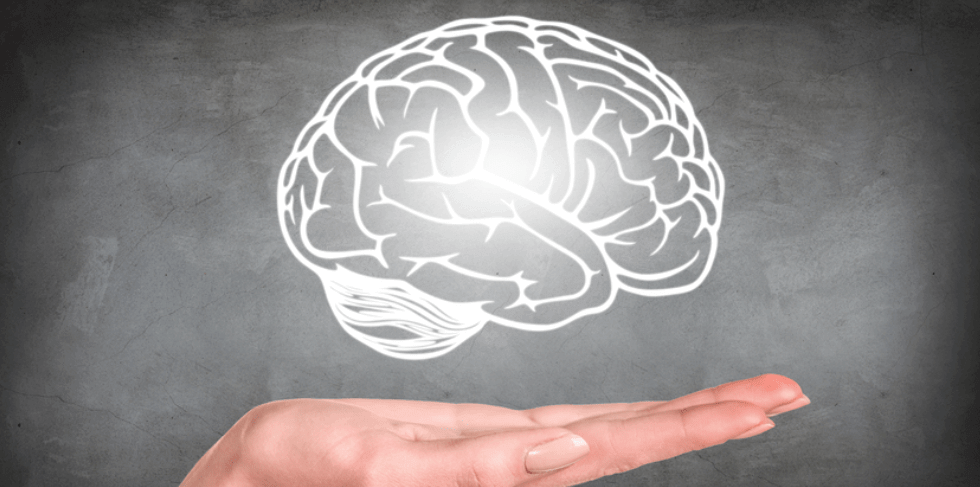Look after your Mental Health
The importance of maintaining a healthy mental state can’t be over emphasised. Over the past few years in particular it has become widely accepted that an individual’s mental health is crucial to how you function in your life as a whole. A healthy mental outlook allows a person cope with the stresses and strains of everyday life. It makes working life more productive and it allows an individual realise their ambitions and abilities.
44% of people say that a family member has been treated for a mental health issue
Statistics
Statistics show that to some extent, one in five of us will experience mental health problems in our lifetime. A bigger proportion of women than men have received treatment for a mental health problem while 44% of people say that a family member has been treated for a mental health issue. Over 32% of people have said they weren’t sure if they’d marry someone with mental health problems and a larger number of Irish people from lower income groups have looked for mental health treatment. Worryingly, a recent report quoted by the RCSI showed that more than half of young Irish people will suffer from a mental health disorder before 25 years of age.
For the majority of people experiencing mental health difficulties, a visit to their GP is the first port of call and where necessary, some people will be referred onto the HSE Mental Health Services. Expert groups say there are measures that can be taken that go some way in preventing mental health problems, one of which is the avoidance of alcohol. Some people who drink alcohol find it more difficult to deal with everyday stress. Although it can be tempting to indulge in one too many glasses of wine in an effort to forget your problems, the opposite is usually the case and the problems you were trying to forget are exacerbated. Too much alcohol can actually increase mental health issues and it’s also important to be aware that mixing alcohol and medication can be harmful.
Reducing your alcohol intake isn’t the only way to help prevent mental health issues. Maintaining and developing relationships with families, friends and neighbours is important for an individual’s mental health. Some people find that giving back to the community can be helpful so activities like volunteering or joining a community group can be extremely rewarding. Physical activity isn’t just good for your body, it’s also excellent for the mind. Exercise has been described as one of the easiest ways of preventing or improving mental health issues.
Types of Mental Illness
There are several conditions that are recognised as mental illnesses. Some of the more common types include:
Anxiety disorder:
People who suffer with anxiety disorder respond to situations that they perceive to be dangerous with dread or fear. Types of anxiety disorder include panic disorder, social anxiety disorder and generalised anxiety disorder.
Personality disorders:
People with personality disorders often suffer from extreme personality traits that can cause problems in relationships and at work. Examples include obsessive-compulsive personality disorder, antisocial personality disorder and paranoid personality disorder.
Eating disorders:
These types of disorders involve extreme emotions, attitudes and behaviours when it comes to food and weight. Anorexia nervosa, bulimia nervosa and binge eating disorder are defined as eating disorders.
Mood disorders:
These involve fluctuations from extreme happiness to extreme sadness, feelings of sadness or periods of feeling overly happy. The most common mood disorders include bipolar disorder, depression and cyclothymic disorder.
Psychotic disorders:
Psychosis describes a loss of contact with reality or a distortion and include hallucinations, delusions and/or confusing thoughts. Psychotic disorders include schizophrenia.
Impulse control and addiction:
Failure to resist a temptation or an inability to resist performing a harmful action define these disorders. Examples include compulsive gambling and kleptomania while drug and alcohol are common forms of addictions.
Obsessive-compulsive disorder (OCD):
OCD is a common and long-lasting disorder where a person is plagued by constant thoughts or fears that leads them to perform certain rituals or routines. The disturbing thoughts are called obsessions and the rituals are called compulsions.
Post-traumatic stress disorder (PTSD):
PTSD can develop after a traumatic event. Examples include sexual or physical assault or the death of a loved one.
Workplace stress
For the majority of people, workplace stress is perhaps one of the biggest challenges to good mental health.
According to the Central Statistics Office (CSO), more absences due to work related illnesses than accidents at work have been reported recently. People working longer hours and the pressures of an increasingly demanding work culture are contributing to work related stress, an issue that is likely to prove damaging in the longer term.
To avoid mental health issues caused by work, it’s important to maintain a healthy work-life balance. Easier said than done but there are specific measures that can be taken to ensure work doesn’t take over your life. Not being afraid to speak up when the work piles up is important; employers aren’t mind readers and may not be aware that they’re asking too much. It’s also a good idea to take breaks at work and not get too caught up with tasks.
Mental health groups advise workers to try and leave the workplace during lunch; a change of scene can often help alleviate stress. Bringing work home can’t be avoided at times; if you must, try to make sure you only work in a particular part of the house. Some amount of workplace stress is completely normal, but if you find it encroaching on the rest of your life it’s time to do something about it. Read our tips on how you can stress less.
You can always talk to one of our doctors anytime, from anywhere
and there are several organisations out there to support you if you’re suffering from poor mental health:
turn2me.org
Aware
YourMentalHealth.ie
Mental Health Ireland
HSE
Spun Out





